The Russian X-101 missile that hit the "Okhmatdit" children's hospital in Kyiv on July 8 contained components manufactured by Western companies.
The strategic cruise missile X-101 is one of the most modern in the Russian arsenal. According to data from 2021, the Russians produced only 56 such missiles. Based on available data, during the full-scale invasion of Ukraine, Russia increased the production of X-101 to 420.
However, Russia still depends on supplies of Western components, particularly from US manufacturers. Sanctions prevent direct procurement, but Russians use dual-use or civilian electronics to obtain the necessary parts.
Earlier, 16 units of Western electronics were found in the X-101 missile. Some were manufactured by the Swiss company STMicroelectronics, American chip manufacturers Intel, Texas Instruments, and Analog Devices. All of them had civilian applications, with some components being very old.
An analysis of Russian documents conducted by the Financial Times shows that Russian companies were able to obtain components openly on the market and then import them through China. In their documentation, Russians disguised such components as being manufactured in East Asian countries. The Office of the President of Ukraine provided FT with its own analysis indicating that X-101 missiles consist of about 50 foreign components.
Analysts claim that the X-101 missile was deliberately aimed at the "Okhmatdit" hospital. During the flight to the target, it was not shot down or damaged by Ukrainian air defense systems. Furthermore, Russian missiles generally fly precisely where they are targeted. If the X-101 hit the hospital, it was a deliberate act.
"The exhaust plume looks exactly as it should. The missile does not deviate, it flies on a controlled trajectory. This is more akin to a deliberate attack on a target, not an accident." - Fabian Hoffman, scientist at the University of Oslo.
Earlier, the Security Service of Ukraine confirmed that the X-101 missile hit the "Okhmatdit" hospital. Independent experts from Bellingcat, as well as other researchers, have also corroborated this finding. Interestingly, on the social media platform X, owned by the well-known advocate for free speech Elon Musk, Bellingcat's investigation into the Russian shelling of the children's hospital was highlighted as dangerous material. "Dangerous for Putin?" asked Bellingcat founder Eliot Higgins.
Sources: Financial Times, Bellingcat, "Ukrinform",






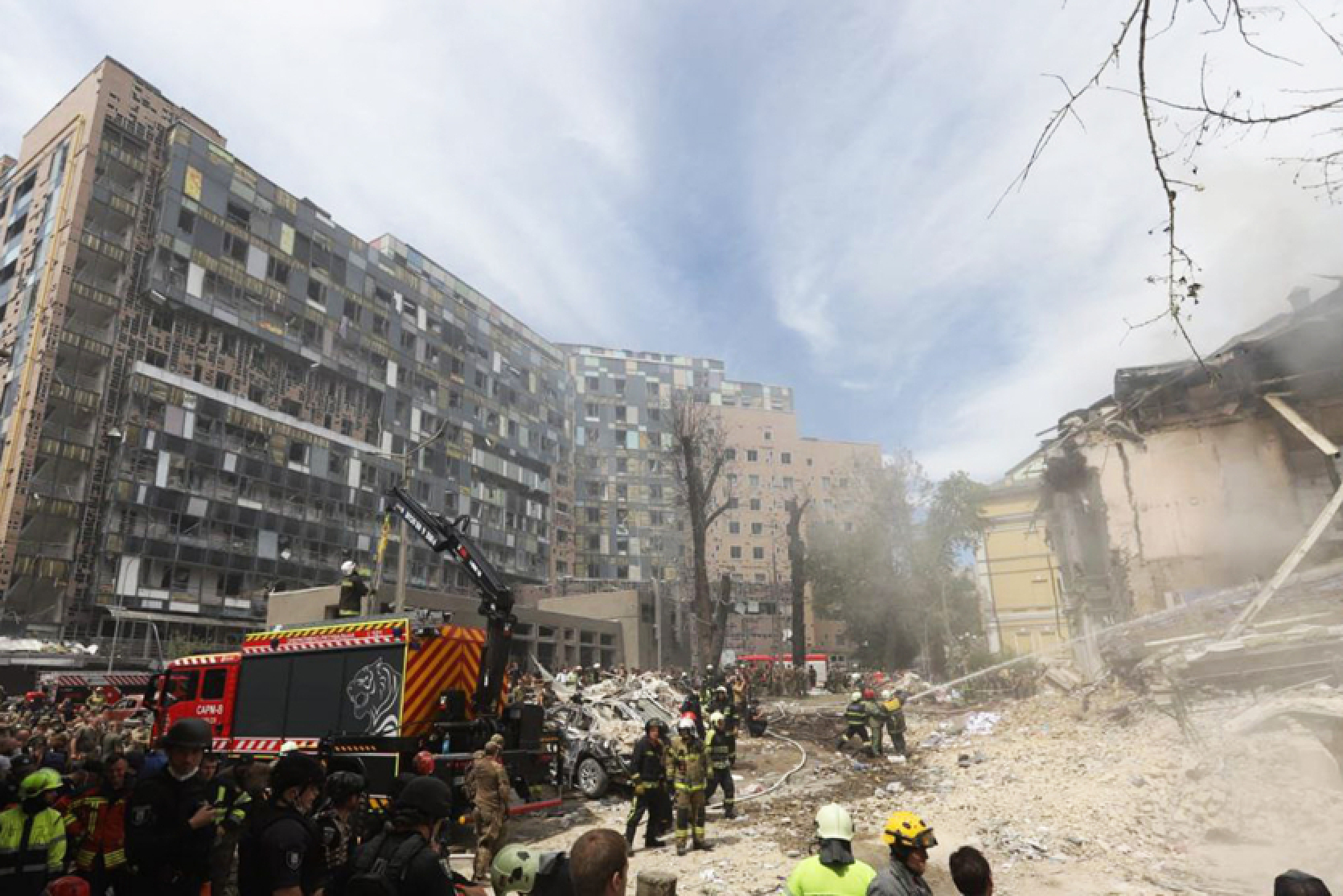


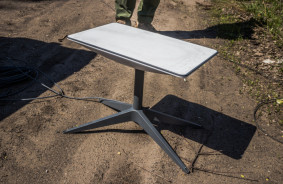

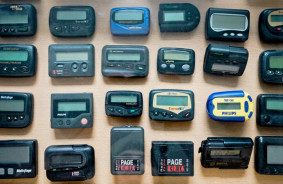
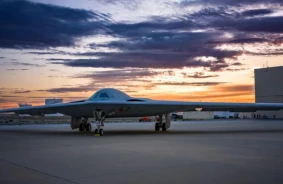
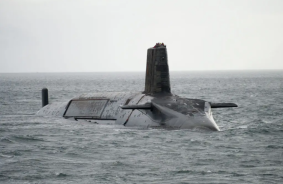
Comments (0)
There are no comments for now